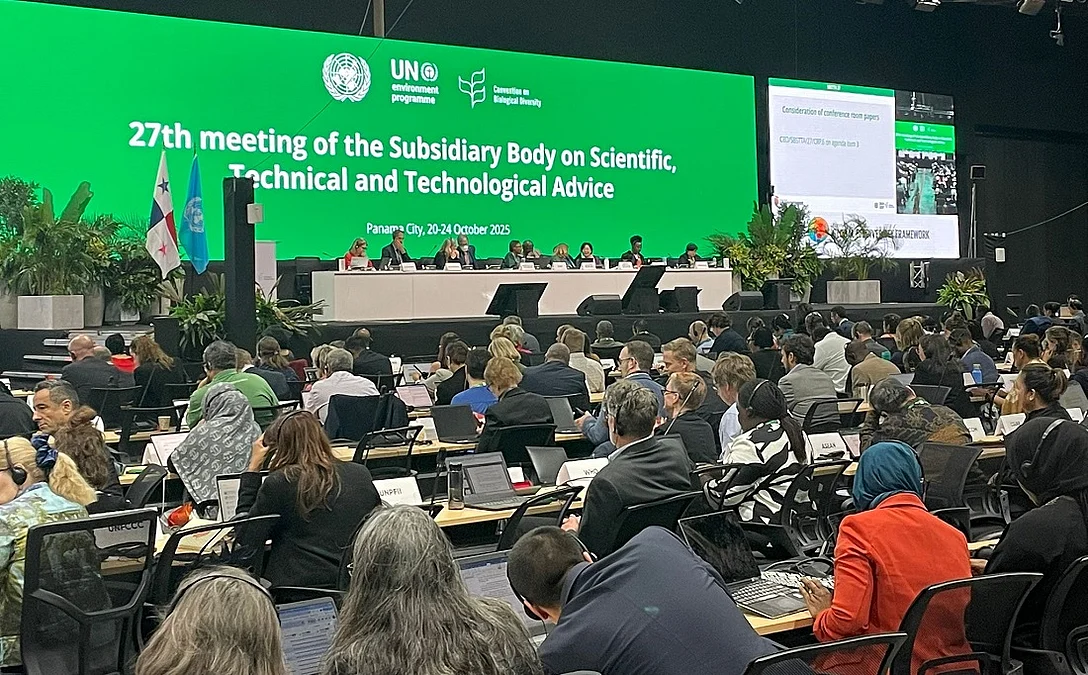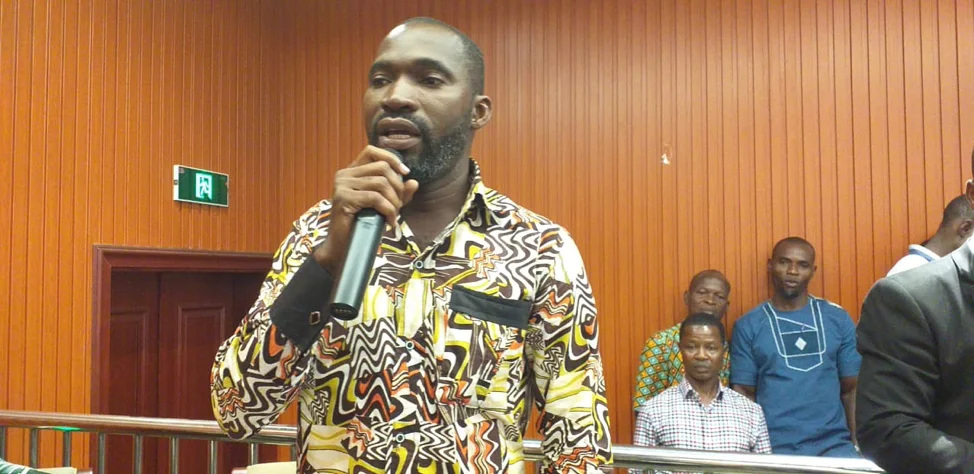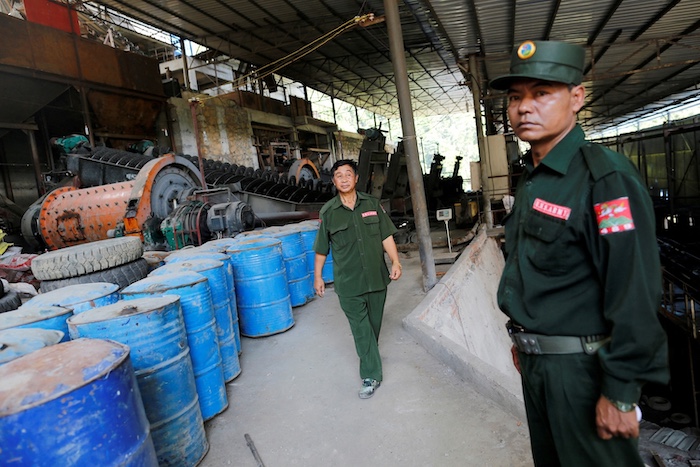Copyright downtoearth

At the 27th Meeting of the Subsidiary Body for Scientific Technical and Technological Advice (SBSTTA-27) of the Convention on Biological Diversity (CBD), delegates failed to produce a clear set of recommendations for COP17 in Yerevan, Armenia slated to be held from October 19-30, 2026.The five-day meeting ended on October 24, 2025, in Panama. It was tasked to discuss a variety of issues including the first global progress report on the Kunming Montreal Global Biodiversity Framework (KMGBF). At the beginning of the meeting, Panama’s Environment Minister Juan Carlos Navarro called for “science-based decisions that deliver concrete results for people and life on Earth,” and highlighted Panama’s commitment to be a champion of linking policy ambition to measurable outcomes.Around 800 delegates had gathered in Panama for this meeting. Despite the fact that the meeting closed late at night, around 11:02 pm, the text of recommendations remained heavily bracketed. With just five years left for meeting the KMGBF targets, lack of consensus on issues of implementation and monitoring is a matter of concern.Large parts of the discussions at this meeting revolved around the first global progress report on the KMGBF’s 23 targets to be met by 2030. The delegates in Panama were tasked to develop a framework for the assessment of the progress.Delegates discussed ways to assess how countries are developing and implementing biodiversity plans, targets, and reports, including coordination, support, inclusiveness, and regional representation. Ways to measure progress towards targets and goals were discussed, along with identifying gaps and special challenges faced by developing countries and by indigenous peoples and local communities, women, youth and other stakeholders.This review would check progress towards the targets and is the mid-point milestone towards the 2030 targets which were set in 2022.Astrid Schomaker, Executive Secretary of CBD said the review is a vital checkpoint for the world’s commitment to nature. “It allows us to see, with evidence and transparency, how far we’ve come in implementing the KMGBF—and where we must accelerate. It’s not just about measuring progress; it’s about building momentum, accountability, and trust among all actors working to secure a thriving planet for future generations,” she said. She expressed some concerns with the rate of progress at the meeting.Parties also discussed issues related to the links between biodiversity and climate change; invasive alien species; biodiversity and health; risk assessment of living modified organisms; assessments provided by the Intergovernmental Science-Policy Platform on Biodiversity and Ecosystem Services (IPBES); and strategic review of the work programmes of the CBD.The SBSTTA meeting is followed by the historic first meeting of the Subsidiary Body on Article 8(j) and Other Provisions of the CBD Related to Indigenous Peoples and Local Communities (IPLCs) (SB8j). This meeting opened on October 27 in Panama and will continue till October 30.



